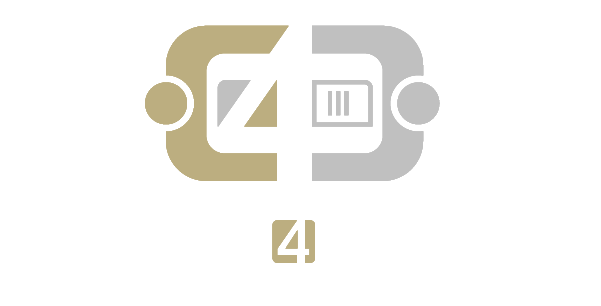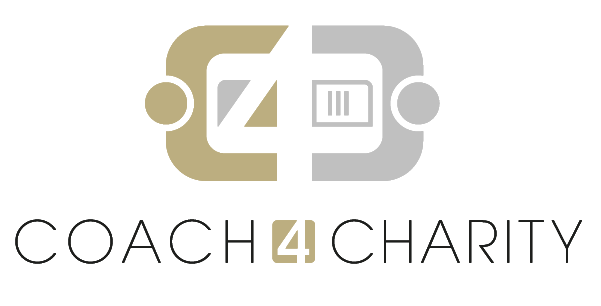
Interview with Prescott Price, CEO of ‘Lessons for Life’ a foundation focused on the education of African sub-saharian children.
Dear Prescott, thank you for the interview. Let’s go direct to the main points of your very important and very difficult job: how much is big your budget for education? And how many children the ‘Lessons for Life’ foundation can educate with this budget?
In this year 2017 our budget for education is 1,9 million euros. It’s a small amount in the scale of the total investment for education, but it’s very important for children and community member we support.
We will reach about 25.000 children, many of whom wouldn’t have gone to school without our help. This is our fundamental aim: that a lot of children can go to school. At the same time we work with the community of their children, to help them to understand the benefits of their children going to school.
And what are the most important skills you want to teach them?
In those areas just getting children to school can make the difference and improve dramatically their further opportunities. Our children come from rural communities and when they go back the subsistence agriculture will be part of their life, but now they will be able to understand the science of agriculture, some of them will open their own business, they will be able to get a job or to open a bank account, to find customers, to sell and buy. We are talking about a transition that let them to become real economic agents, and this is the best way to develop the economy of a country.
Your Foundation operates in Africa that for sure is the last area in the world considering the amount of knowledge-per-person factor. Are there areas of this kind also in the Western World?
The report from Unesco in 2016 says that in the developed countries the percentage of children that does not go in secondary school is 6% while in sub-saharian Africa is 58%, so the dimension of the problem is very different.
You work in a foundation focused on education. Do you think is something that should be largely operated from private institutions like yours or it should remain public while private must educate where the public sector is not present?
If we talk about the ownership of education institutions I don’t mind. If we talk about the way that education is managed, I think that in the sub-saharian Africa governments should find all the resources needed to give all the children the chance to be educated to secondary level. In the Western world we all expect to be educated and believe in education, but when I started to travel in the sub-saharian schools I could be surprised about the big number of children in a classroom or about the fact that there were no teachers or desks, and there are schools with the barbed wire around them. The only important thing there is to have a school, definitively.
‘Lessons for Life’ is focused on African children education, that is for sure the most important starting point. How can we educate these kids after primary school learning them more technical skills? Do you believe in digital coaching at distance?
A lot of research has demonstrated that non-in-person education does not always work with children and we can easily understand this even if just think about the level of concentration that they can have with or without the teacher in the classroom. We can also use all the teaching tools, including books and digital, but, especially with the younger student, it’s often the teacher that make the difference. The life of everyone has always traced from paths created by some very good teacher.
Could you please indicate your personal next desired aim in your education activity?
About ‘Lessons for life’, even if it’s a small charity, I desire that it could be very effective in its action in the solution of this big problem. On the personal side, I’m learning to be a CEO, I have worked in finance in the past and now I’m working with a wider brief.







